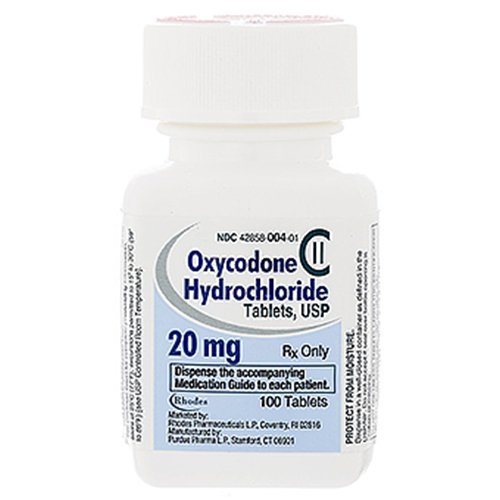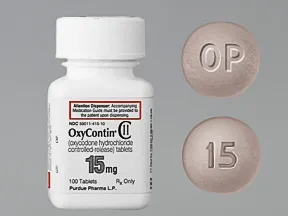OxyContin (Oxycodone Hydrochloride)
OxyContin is the brand name for oxycodone hydrochloride, a powerful opioid analgesic prescribed for the management of moderate to severe pain. Developed to provide extended-release pain relief, OxyContin is commonly prescribed for patients with chronic conditions such as cancer-related pain, severe arthritis, or post-surgical recovery when other pain medications are insufficient.
Medical Uses of OxyContin
Doctors may prescribe OxyContin in cases where long-term, around-the-clock pain management is necessary. Its extended-release formula provides relief for up to 12 hours, making it useful for:
-
Chronic pain conditions such as back pain or arthritis
-
Cancer-related pain
-
Post-surgical recovery requiring strong pain control
-
Severe trauma injuries
Because of its potency, OxyContin is usually prescribed when non-opioid pain relievers or weaker opioids are not sufficient.
How OxyContin Works
Oxycodone hydrochloride, the active ingredient in OxyContin, binds to mu-opioid receptors in the brain and spinal cord. This alters the body’s perception of pain and can also produce sedation and a sense of relaxation.
However, OxyContin’s effects extend beyond pain relief. Some patients may experience euphoria, which contributes to its high risk of misuse and dependency.
Common search keywords include: “OxyContin how it works,” “OxyContin vs morphine,” and “extended-release oxycodone.”
Side Effects and Risks of OxyContin
While OxyContin is effective for pain management, it carries significant risks. Side effects may include:
-
Drowsiness and dizziness
-
Constipation
-
Nausea and vomiting
-
Dry mouth
-
Sweating
Serious risks include:
-
Respiratory depression (slowed or stopped breathing)
-
Addiction and dependence
-
Overdose, especially if taken with alcohol, benzodiazepines, or other opioids
OxyContin Dosage and Administration
OxyContin is available in extended-release tablets of varying strengths, often ranging from 10 mg to 80 mg. Dosage is tailored to the patient’s pain level, previous opioid use, and overall health.
Important safety guidelines:
-
Never crush or chew OxyContin tablets (this can release the drug too quickly, increasing overdose risk)
-
Only take as prescribed by a qualified doctor
-
Avoid mixing with alcohol or sedatives


Reviews
There are no reviews yet.